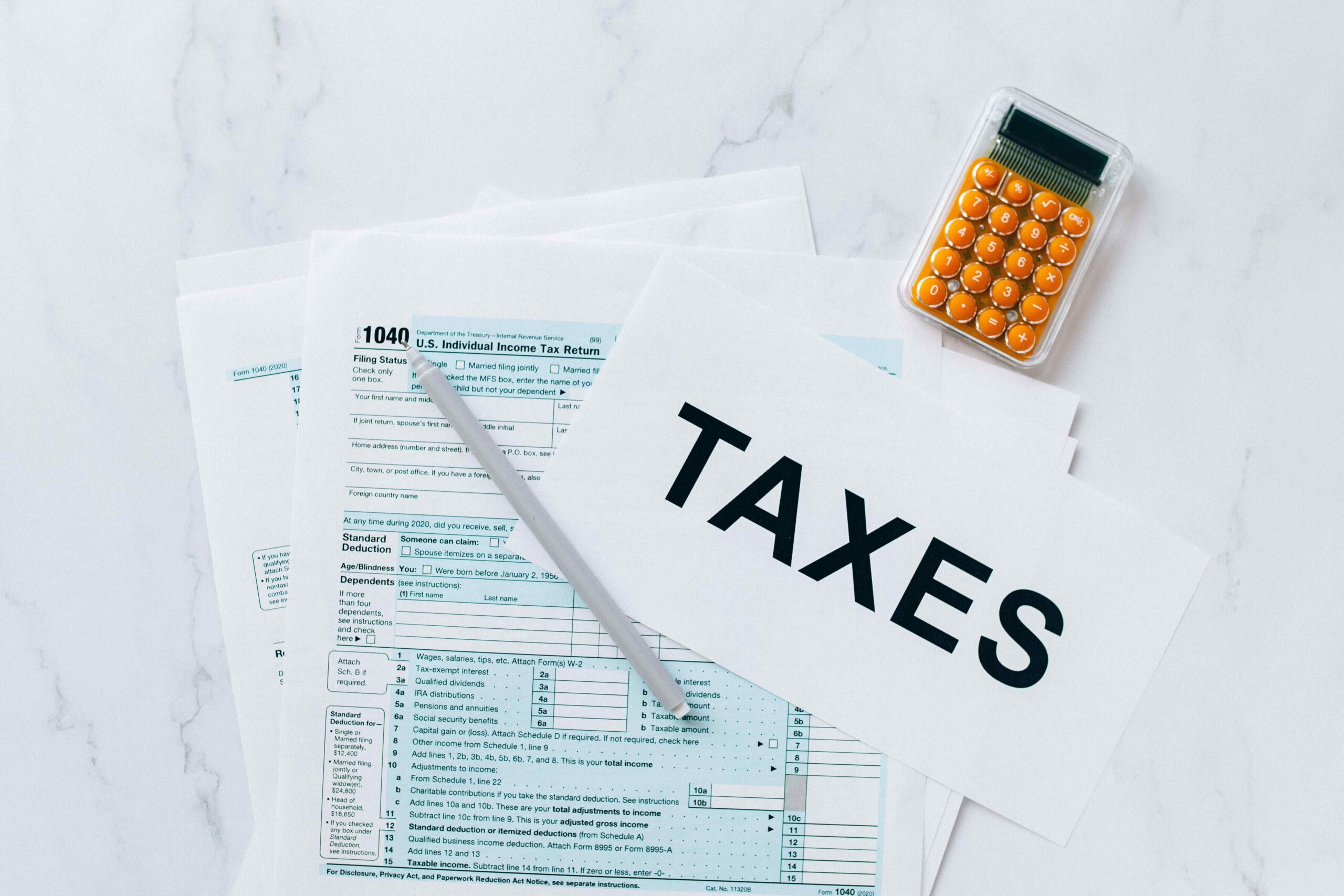Insights

If you are working in Ireland there are many ways to reduce the amount of tax you pay or different schemes that you may not be aware of that you claim tax back on.
1. Keep Medical Receipts
An individual can claim a tax credit of 20% of unreimbursed eligible medical expenses and some non-routine dental expenses in a given year of assessment. This claim can be processed through you MyAccount or by submitting your income tax return in the following year. You should keep the receipts for 6 years, as Revenue can request back-up for the medical expenses tax credit that you claim. It may be easier to take a photo/scan the receipts and keep them in a safe place on your personal computer/cloud.
2. Claim Work Receipts
If you need to pay for work uniforms, stationery, tools, etc that you require for the performance of your employment duties, you may be entitled to claim back tax up to a certain amount per year depending on your profession. Click here to see Revenues professions that apply and the yearly total that an individual working in these eligible fields can claim. These are known as flat-rate expenses.
This relief can be coded into your tax credits or claimed at the end of the year through your tax return or through MyAccount.
3. Rent a Room Relief
If you are rent a room in your principal private residence to a tenant, you can earn up to €14,000 gross (i.e. before expenses) a year without paying tax on the rental income you receive. If the amount you receive is in excess of €14,000, the total amount (less applicable expenses) is liable to income tax at your marginal tax rates (i.e. up to 55% including USC and PRSI). It is not just on the amount above the €14,000 limit.
4. Cycle to Work Scheme
This scheme is to encourage people to cycle back and forth to work. If a company has implemented the cycle-to-work scheme, an employee may purchase an E-Bike and equipment for up to €1,500 or a standard bike and equipment up to €1,250 which your employer would pay for. The company would then deduct the cost of the bike over an agreed period of time but cannot exceed a 12-month period. The deduction is taken from the employee’s “before tax” salary and there is no Benefit-in-Kind (‘BIK’) payable by the employee.
5. Start a Pension
A pension is a great way to fund your retirement personally while also receiving tax relief now on your pension contributions. An individual is entitled to relief at their marginal tax rate (20% or 40%) in respect of the number of pension contributions they make in a year of assessment. The amount of contribution on which you can claim relief is restricted based on your age and level of income. You can claim relief at the applicable percentage base don your age on the lower of your gross salary or €115,000. For example, if you make a €100 contribution to your pension, it would have a net after-tax effect of approx. €80 (if a 20% taxpayer) or €60 if you are a 40% taxpayer.
This relief can be coded into your tax credits or claimed at the end of the year through your tax return or through MyAccount.
6. Tuition Fees
You can claim a tax credit of 20% in respect of qualifying college fees (including the student contribution) in the year after you make the payment (or in the year to which the payment relates). The relief is available to the individual that actually pays the tuition fees (not necessarily the student). The maximum amount you can claim is €7,000 per course, per person, per academic year. However, €3,000 of this amount is disregarded for a full-time student and €1,500 for a part-time student. If you have paid tuition fees for more than one student, the disregarded amount is only deducted once, and not per student.
This claim can be processed through you MyAccount or by submitting your income tax return in the following year.
Cronin and Co is an accountancy firm based in Dublin. For Taxation, Business Advisory, Bookkeeping, and Payroll services please get in touch.








